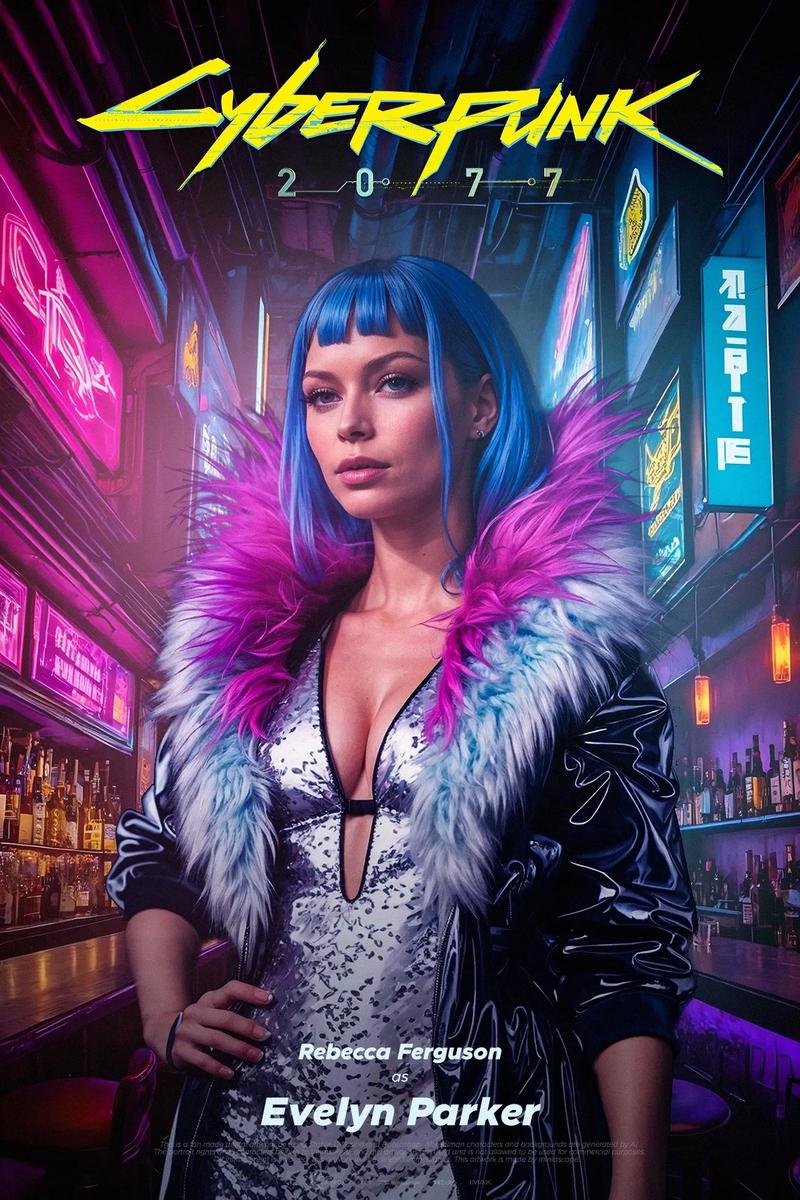The Future of Blockchain in AAA Game News Verification: From Hype to Trust
The relationship between AAA game studios and their player communities is more fraught than ever. In an era defined by rapid news cycles, hyper-engagement on social media, and the immense financial stakes of blockbuster releases, the authenticity of information has become a critical battleground. Leaks, deliberate misinformation campaigns, hype-building rumors, and the simple fallibility of human journalism often create a chaotic information ecosystem where players struggle to discern fact from fiction. Into this arena of distrust and noise, blockchain technology is emerging not as a gaming mechanic, but as a powerful, behind-the-scenes tool for verification and transparency. The future of AAA game news verification may well be built on the immutable ledger.
The core problem blockchain addresses is one of provenance and immutability. Currently, when a major gaming outlet or influencer breaks news—be it a release date, a new character reveal, or gameplay details—the audience has no inherent reason to trust its authenticity. The source is often an anonymous leak, a misinterpreted interview, or, in worst-case scenarios, a fabricated rumor designed to manipulate stock prices or community sentiment. Players and journalists alike are left to play a tedious game of telephone, tracing information back through a chain of vulnerable links to find an original source that may not even exist.
Blockchain proposes a paradigm shift: a cryptographic seal of authenticity. Imagine a system where a game developer’s public relations or community team cryptographically signs official announcements. Using a private key, they would generate a unique digital signature for a piece of information—a tweet, a press release asset, a snippet of code—and record that signature on a public blockchain. This action creates a permanent, unchangeable, and publicly verifiable timestamped record. Any player or news outlet could then use the company’s public key to verify that the information did indeed originate from the official source and has not been altered since it was signed.
This application extends far beyond simple press releases. Consider the perennial issue of leaks. A disgruntled employee or a dataminer might extract assets from a pre-release build. Today, these spread like wildfire, often without context. In a blockchain-verified ecosystem, the developer could immediately issue a verification check. By confirming that the leaked asset does not have their cryptographic signature, they can label it as unofficial, potentially pre-release, and subject to change. Conversely, they could choose to authenticate a leak deliberately, using it to build organic hype while maintaining a layer of official control. The "Ubisoft Quartz" platform, while focused on NFTs, demonstrates a foundational step towards this, using blockchain to verify the provenance of digital items. This same principle can be applied to information.
For gaming journalism, this technology could restore immense credibility. Reputable outlets could adopt a standard practice of only running stories that feature verifiable, on-chain authentication for their core claims. An article about the next Elder Scrolls game could embed a verification widget showing that the announced title and release window were signed by a ZeniMax Media key on a specific date. This would elevate evidence-based reporting above speculation, creating a clear demarcation between verified news and rumor-mongering. It would protect journalists from accusations of fabrication and protect readers from misinformation.
Furthermore, the model of Decentralized Autonomous Organizations (DAOs), though often associated with financial governance, offers a fascinating glimpse into community-led verification. A DAO comprised of trusted journalists, community figures, and even vetted developers could act as a decentralized verification board. Information could be submitted to the DAO, which, upon reaching consensus on its validity, could issue a community-verified signature. This would not replace official sources but could create a trusted layer for verifying information from reputable insiders or analyzing credible leaks, all with a transparent, community-driven process.
However, the path to this future is not without significant obstacles. The first is adoption. For this system to work, it must be seamless and invisible to the end-user. Gamers should not need to understand cryptography; verification should be a one-click feature integrated directly into social media platforms, news websites, and gaming clients. Major players like Sony, Microsoft, Nintendo, and Valve would need to agree on and implement common standards. The industry’s historical reluctance to collaborate on shared technology stacks presents a major hurdle.
Secondly, there is the issue of key management. The security of the entire system hinges on the protection of private keys. If a hacker compromises a developer’s private key, they could issue fraudulent "verified" announcements, causing catastrophic damage to the company’s stock and reputation. Robust, institutional-grade key management solutions would be non-negotiable.
Finally, there is the philosophical resistance. Blockchain remains a polarizing technology, often associated with environmental waste and financial speculation. Convincing a skeptical player base and development community of its utility as a pure verification tool, divorced from NFTs and cryptocurrency, will require clear communication and demonstrable benefits. The focus must be entirely on utility and trust, not profit.
Ultimately, the value proposition of blockchain in AAA game news verification is not about creating a new currency or a speculative asset; it is about rebuilding trust. In an industry where anticipation is a commodity and disappointment can be devastating, providing players with a tool to cut through the noise is invaluable. It is a commitment to transparency—a verifiable promise that what they are reading is real. While the journey will be complex, the destination is a healthier, more honest relationship between creators and players, where the news about the games we love is as reliable as the experiences they promise. The future of game news may not be written on paper, but on an immutable chain of truth.















